Romania has islands of excellence in many places, even though the quality of public administration is probably not at the highest level, President of the Aspen Institute Romania and former NATO Deputy Secretary General Mircea Geoana said on Monday at the Bucharest Cybersecurity Conference (BCC2025).
"In a place like Romania, where, honestly, sometimes the quality of public administration is probably not at the highest level, there are islands of excellence in many places, with, let's say, average performances, to put it diplomatically. Dan [Dan Cimpeanu, the director of the Romanian National Cyber Security Directorate - DNSC] and his team have truly put this area on the map of excellence. I would say, from my experience at NATO, but also from my experience in Europe and from my experience in life and politics, that he is probably one of the most skilled and sophisticated directors in Europe. And that gives me hopes that he will be a good example for others. Allow me to tell you a few things about the topic which I was invited for. I was in Munich 40 hours ago, at the airport, on a plane ready for take-off and the pilot, very politely, announced: 'Listen, we have a few drones flying over Munich airport.' It felt familiar, because the same thing happened the day before and the day before that. We had to disembark, the airport was closed. Then, I was desperately looking for a hotel, which was nearly impossible. The next day, things went back to normal. What I want to say is that we must be truly prepared," Geoana pointed out.
He added that the world is in an era of systemic, social, economic, technological and military competition for global supremacy.
"And, as always in history, those who control the heights of technology, innovation, in the digital era, will be the ones who ultimately win or, at least, be better positioned in this race. Because we are entering an era in which digital societies, not only digital as a business, will become a kind of 'alter ego' of human beings, excelling in technology, but also protecting their interests. In a digital age, those ahead will be those who lead (...) From my experience at NATO, there is absolutely no other way through which governments alone can do a better job in cyber area and, to be honest, in almost anything else. You need to have on your side and work closely with the specialized industry. Certainly, our Ukrainian friends are ingenious, brave and intelligent, and they are innovating probably like no one else in the world today, just because they are forced to do it. But without the support of the industry, the US, Europe and others, it would probably be very difficult for them to succeed. Therefore, first and foremost, we must work hand in hand, like a glove, with the industry, because they are the ones who can help with detection, vulnerability remediation, finding solutions and being digitally and cyber resilient," the former NATO Deputy Secretary General underscored.
The President of the Aspen Institute Romania believes that the NIS Directive, adopted also in Romania is "a type of European jargon for how we collectively protect critical and essential infrastructures, from telecommunications to the medical and financial sectors."
"Basically, an indispensable component for survival and the functioning of a national economy in case of a conflict or a massive cyberattack. And this is what we will continue to do. I am very proud that of our team at the Aspen Institute, that has an office in Brussels, is now working on a European Center for Economic Security, Technology and Resilience. Working with the industry, especially with those who are so essential in order to ensure that, in the event of a massive cyberattack or a confrontation, or even worse, we are able to keep the economy and society running. The third component is society. You cannot do that without your citizens, without public opinion, without mass media, without local communities and without academia. We need to start from a very young age. The youth are almost digital by nature, so we have to work in this direction. (...) I believe special attention must be given to the public sector, national and local governments when it comes to cybersecurity, cyber hygiene, protection and cultivating a culture that ensures it is not just something secondary," Mircea Geoana said.
In his view, in a period which will be dominated by confrontation, there will also be cooperation and competition, but a lot of confrontation.
"This is an era that will essentially have a permanent asymmetric war with a cyber component. We have moved beyond the concept of hybrid warfare. You can see the spectrum of tools used in this asymmetric war: from more traditional tactics, such as espionage or sabotage, or irregular warfare, to cognitive warfare. This is a massive set of tools which Russia developed and they are quite sophisticated, and the manner in which they test NATO countries and draw lessons from the war in Ukraine is something we must be very, very aware of, because this is an era where this confrontation and ongoing asymmetric war will be the rule of the game. There is cutting-edge innovation within NATO and, certainly, when it comes to Artificial Intelligence. We call this the San Francisco Agreement. The people in San Francisco, of course, Silicon Valley and others are techno-optimists. They say that probably within three years, we will have an Artificial Intelligence entering an era of what we call recursion. It will not only learn from the data we introduce into machine learning, in data centers and supercomputers, but will also learn from its own data, beginning to develop a real Artificial Intelligence, a collective intelligence," Geoana explained.
The 2025 edition of the Bucharest Cybersecurity Conference (BCC2025), which takes place between 6 and 9 October, is organized by the Romanian National Cyber Security Directorate (DNSC), with the support of the Romanian National Coordination Centre (NCC-RO) and the National Association for Information Systems Security (ANSSI).


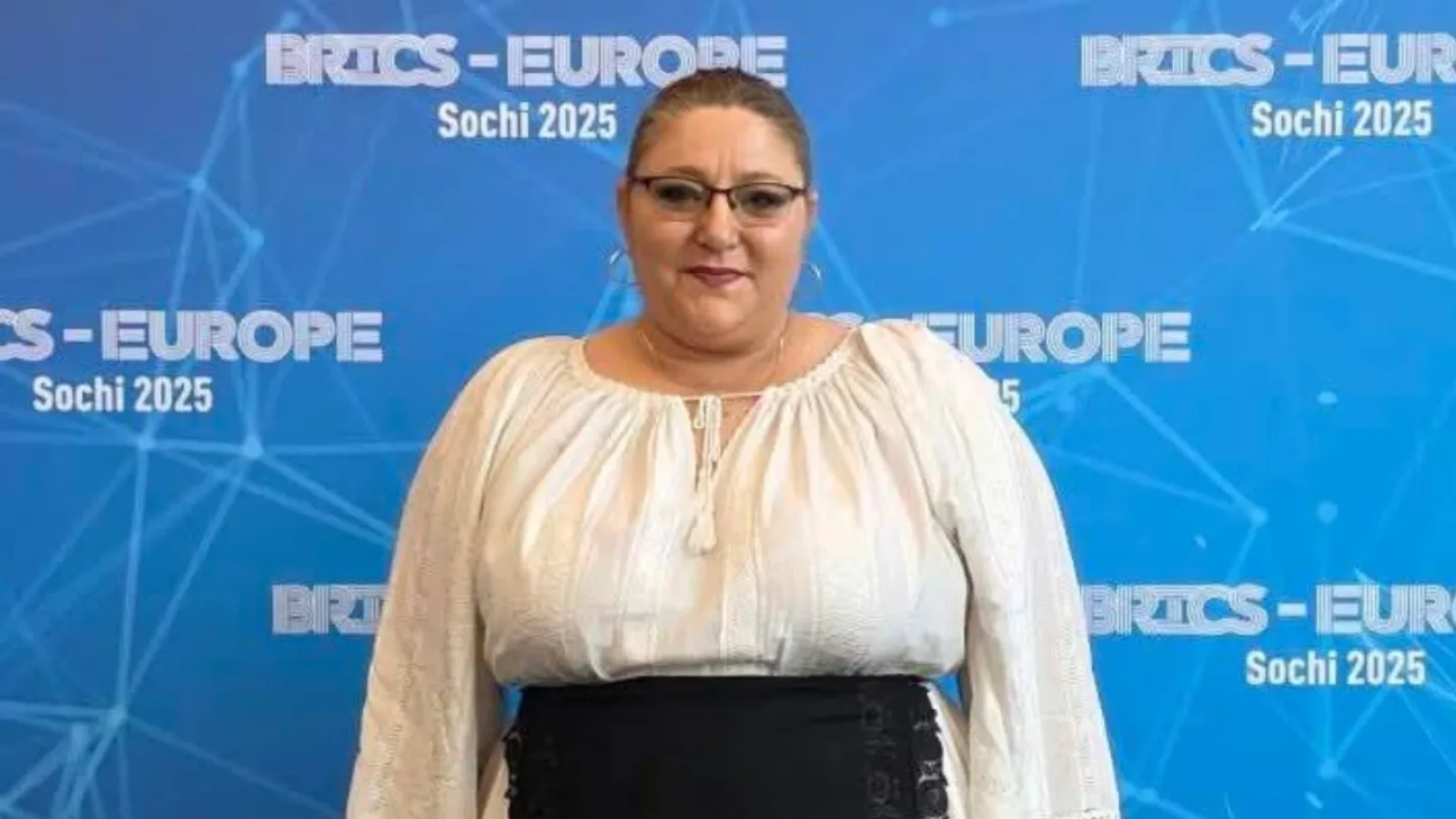
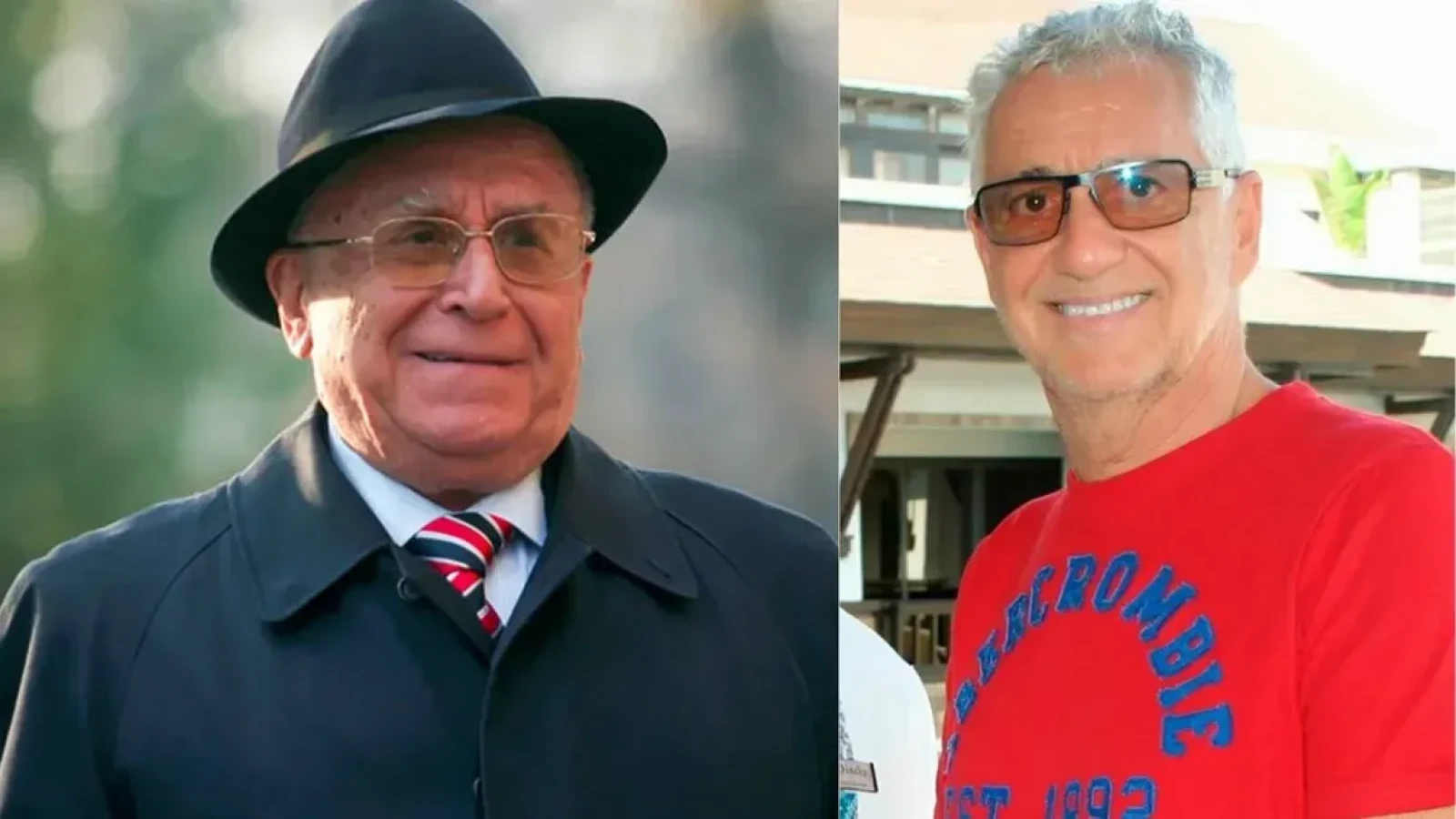

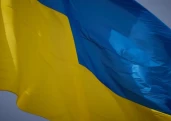
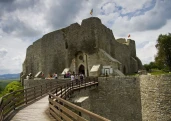
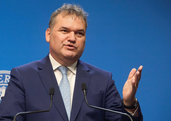
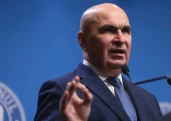


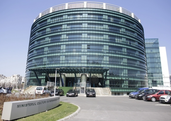
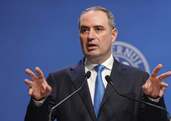
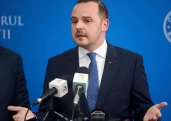
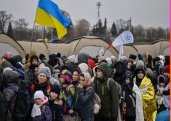
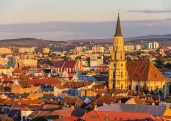
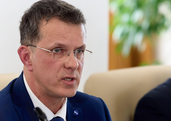
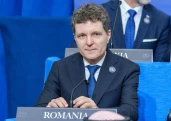
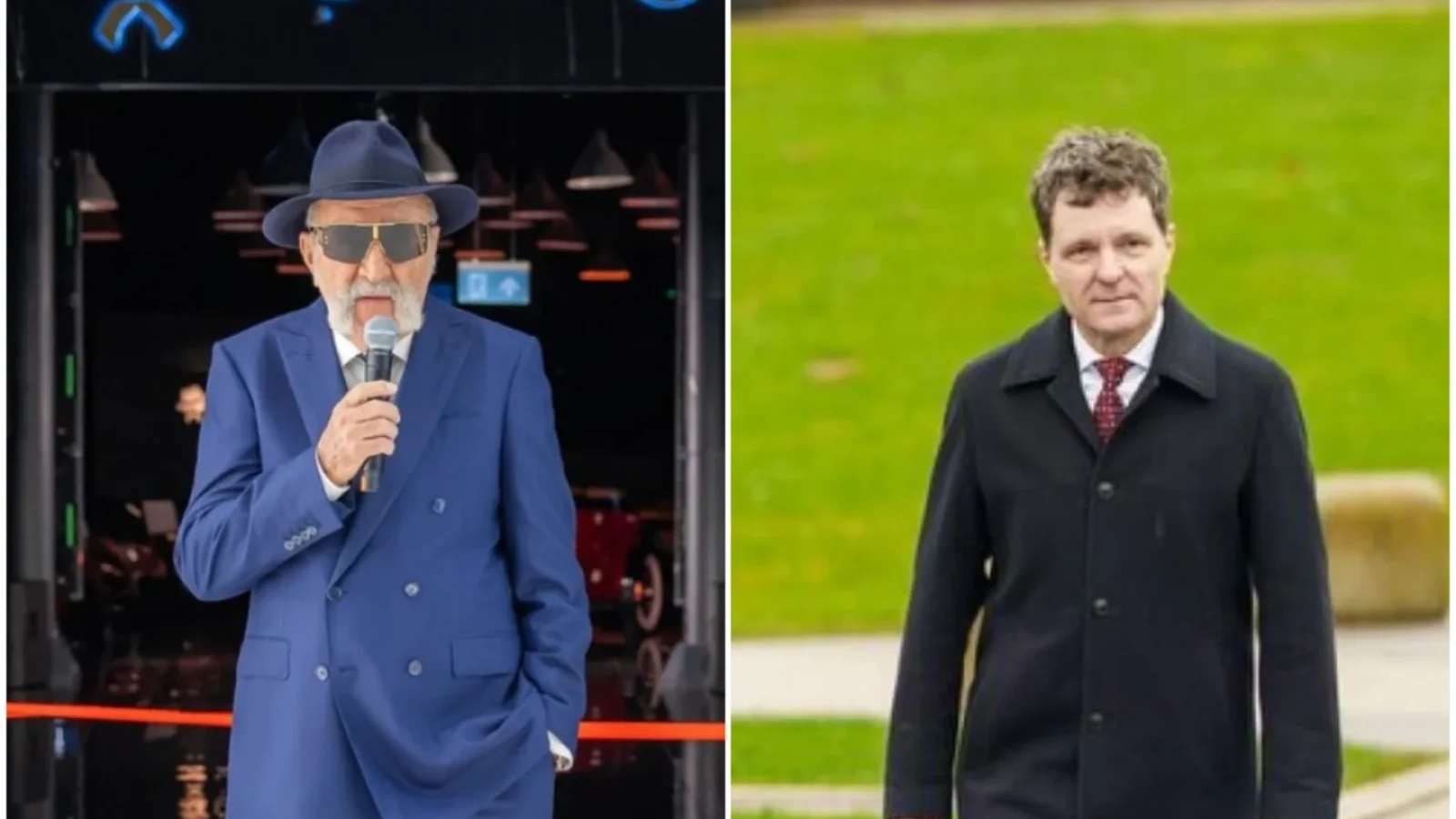

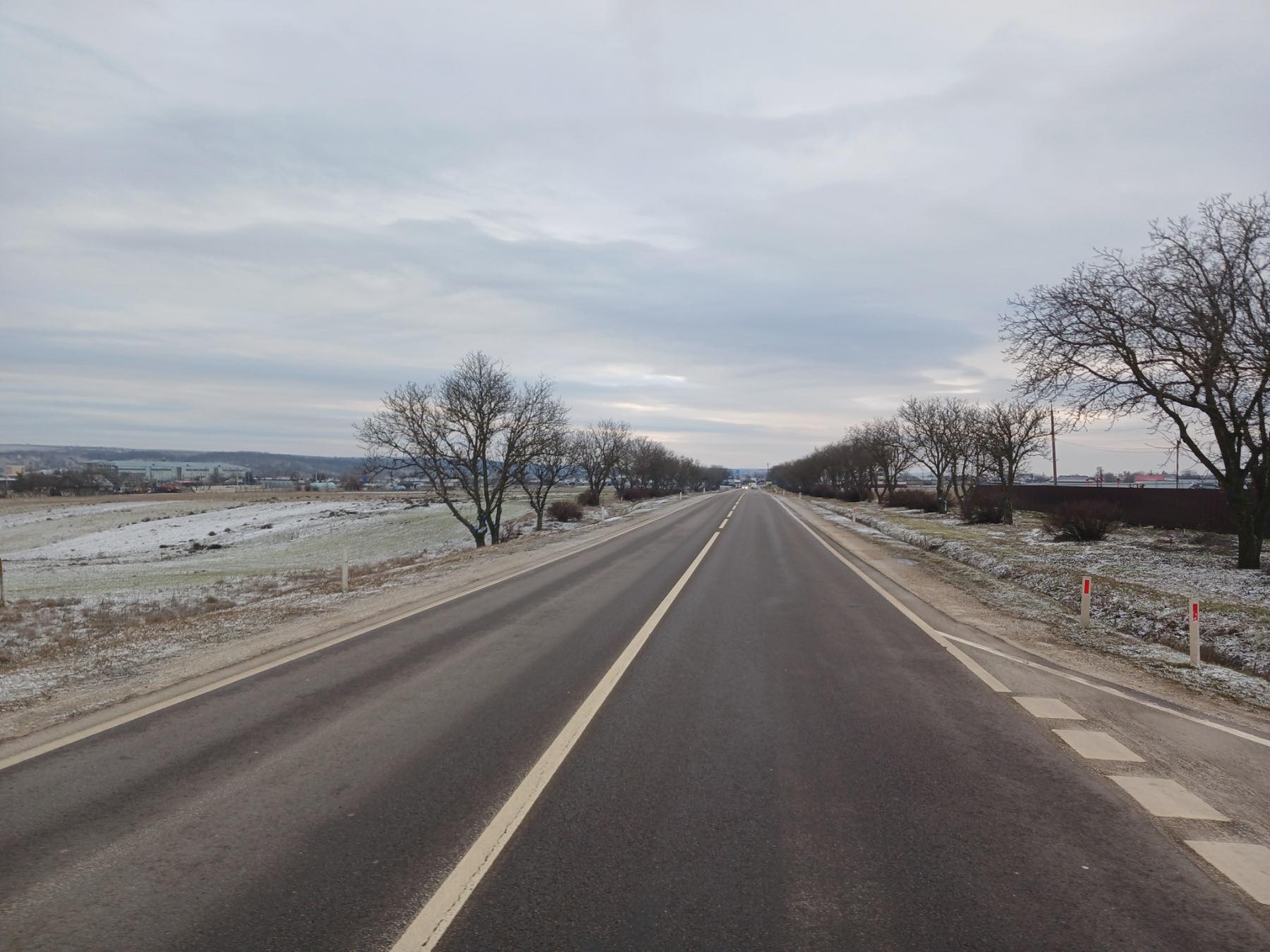
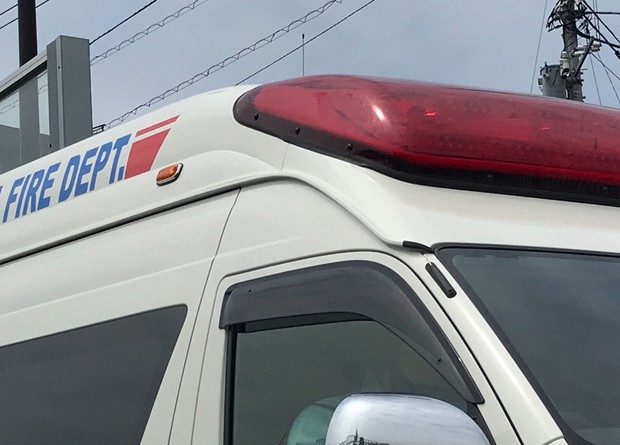
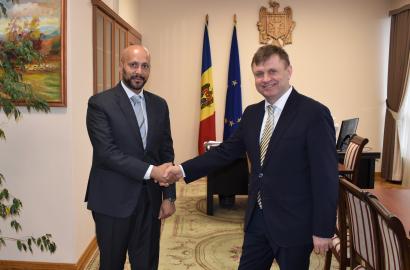
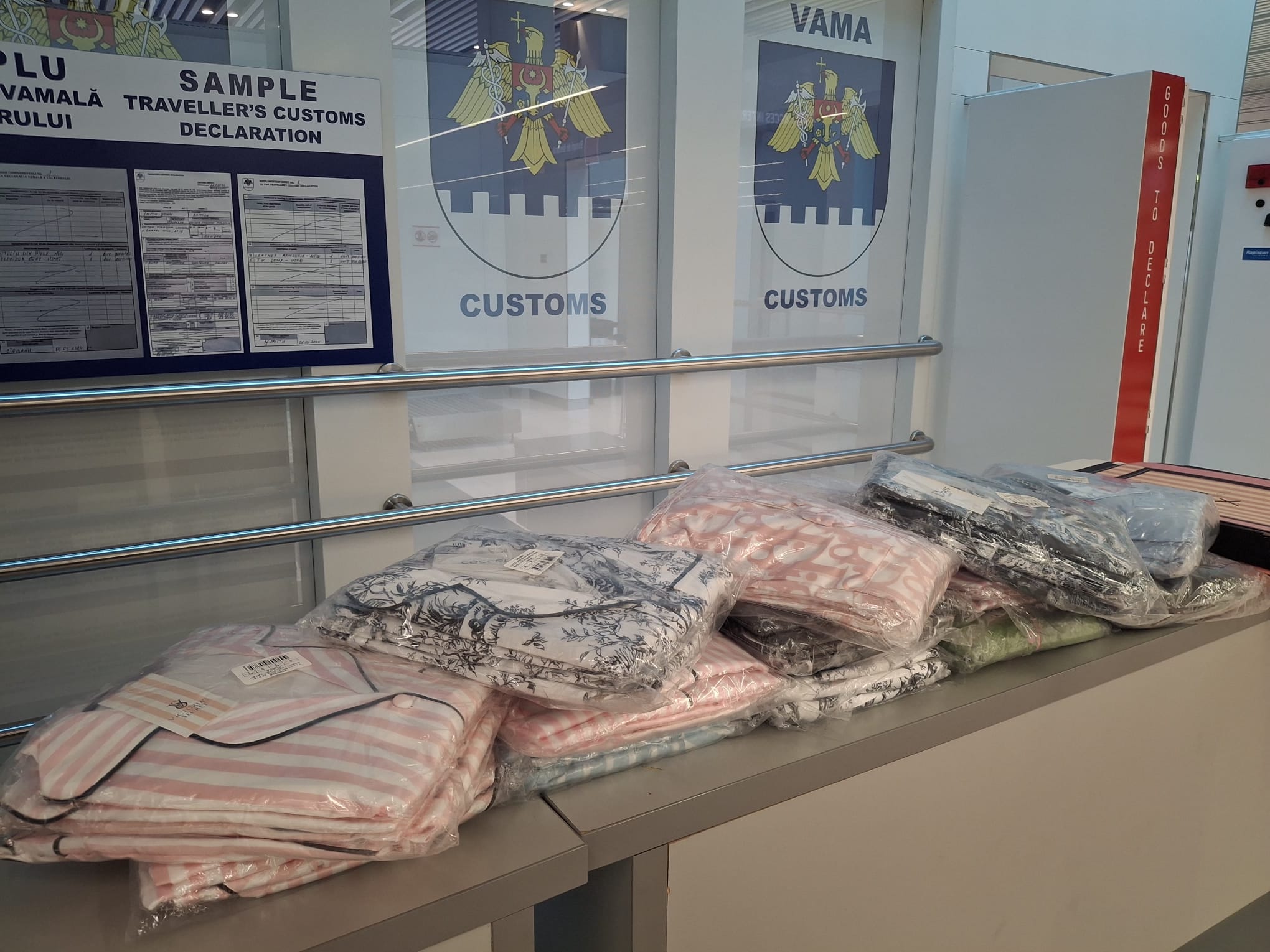








Comentează